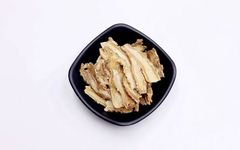
Angelica (Dang Gui) is widely recognized in clinical practice and is known as the “blood tonic herb,” “friend of women,” and “king of herbs,” reflecting its esteemed reputation in the field of Traditional Chinese Medicine (TCM). Modern research has delved deeper into Angelica, particularly its decoction, which has shown good efficacy in treating women’s menstrual disorders. Additionally, experimental studies have found that Angelica decoction significantly affects memory and learning in mice and has anti-aging effects, including treatment for dementia.
Moreover, other effects of Angelica, such as anti-cancer, immune-boosting, anti-inflammatory, liver-protective, and blood sugar-lowering properties, have also garnered widespread attention. However, returning to the essence of Angelica as a medicinal herb, it is crucial for every practitioner of TCM to understand its medicinal properties, meridian affiliations, and more.
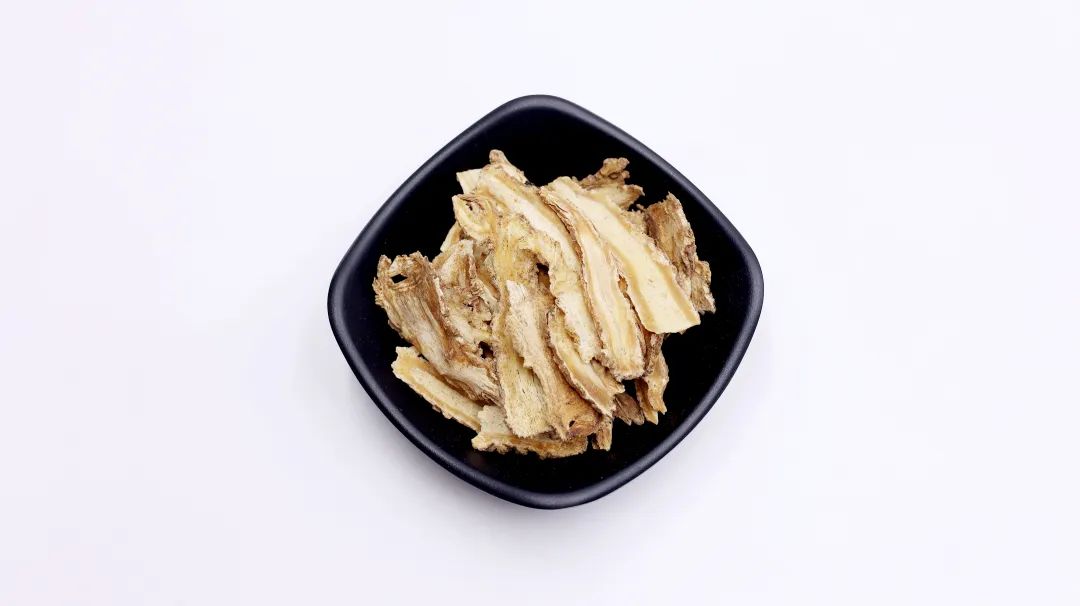
When it comes to Angelica, the most profound impression people have is its blood-nourishing properties, or its role as a “friend of women.” However, people’s understanding of Angelica has not yet fully reached a point where its other benefits are overshadowed by its most prominent feature.
Thus, the well-known properties of Angelica include its warm nature and sweet-spicy flavor, which provide blood-nourishing, menstrual-regulating, blood-activating, and pain-relieving effects. Clinically, it is often used for symptoms related to blood deficiency, such as pale complexion, dizziness, palpitations, blood stasis, irregular menstruation, dysmenorrhea, abdominal pain due to deficiency and cold, trauma, carbuncles, and conditions like wind-cold bi syndrome and constipation due to blood deficiency.
Regarding the understanding of Angelica, Zhang Xichun, a prominent figure in modern medical history and a representative of the integration of Chinese and Western medicine, provided a comprehensive interpretation of Angelica’s effects, summarizing them into six main points based on his clinical experience.
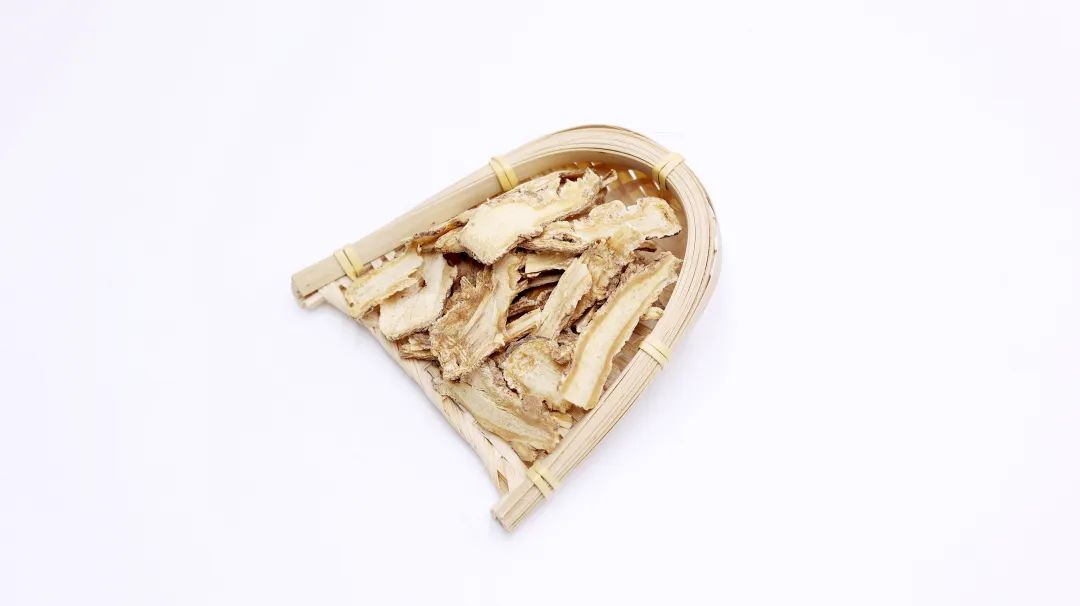
1. Angelica can alleviate liver wood urgency and treat various abdominal pains in women.
Angelica enters the heart, liver, and spleen meridians. The liver stores blood, and Zhang Xichun believed that Angelica can alleviate liver wood urgency and treat various abdominal pains in women, such as in the formula Angelica and Peony Decoction from the “Golden Chamber,” which uses Angelica to nourish blood, activate blood circulation, and soothe the liver.
2. Angelica can nourish spleen blood, enhancing skin luster.
The “Record of Medicine” states that Angelica “can nourish spleen blood, enhancing skin luster.” The spleen governs blood, and the nourishment of the spleen and stomach is essential for the transformation and transportation of food. However, all organs, including the spleen and stomach, also require the nourishment of qi and blood. The “Compendium of Materia Medica” states: “Angelica generates blood, nourishes blood, stops bleeding, and activates blood.” Therefore, when blood is sufficient, qi is abundant, leading to vitality and radiant skin.
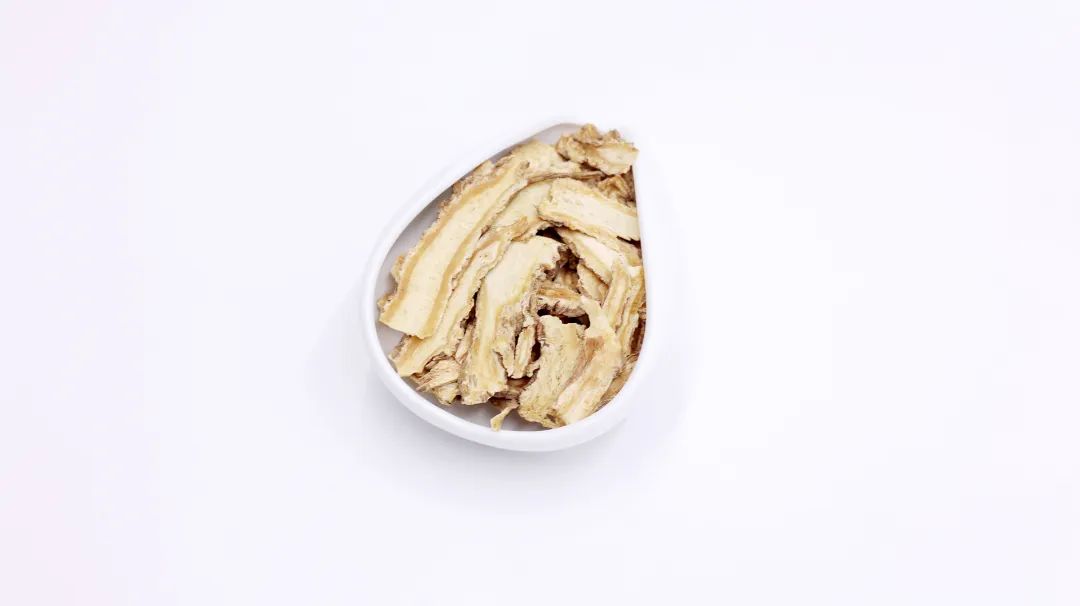
3. Angelica “promotes new blood and can transform stasis, thus treating paralysis, limb pain, and sore swellings.”
Angelica has the effect of activating blood and resolving stasis to relieve pain. When blood does not nourish the muscles, it can lead to various pain symptoms. Angelica can be used to nourish blood and benefit the muscles to alleviate pain.
4. Angelica “activates blood and can also stop bleeding.”
In clinical practice, the specific parts of Angelica used are also noteworthy, as they relate to the efficacy of Angelica. Many people should know that the whole Angelica is used for blood tonification and activation, the body of Angelica for blood tonification, the tail of Angelica for activating blood and relieving pain, and the charred Angelica for stopping bleeding. In the usage of Angelica, Zhang noted that Angelica can both ascend and descend due to its thick and warm qi and its rich and spicy flavor. Therefore, Angelica “activates blood and can also stop bleeding, thus treating hemoptysis and bleeding (must be stir-fried with vinegar to enhance its descending properties), and blood in the urine and stool (must be stir-fried with wine to enhance its ascending properties).”
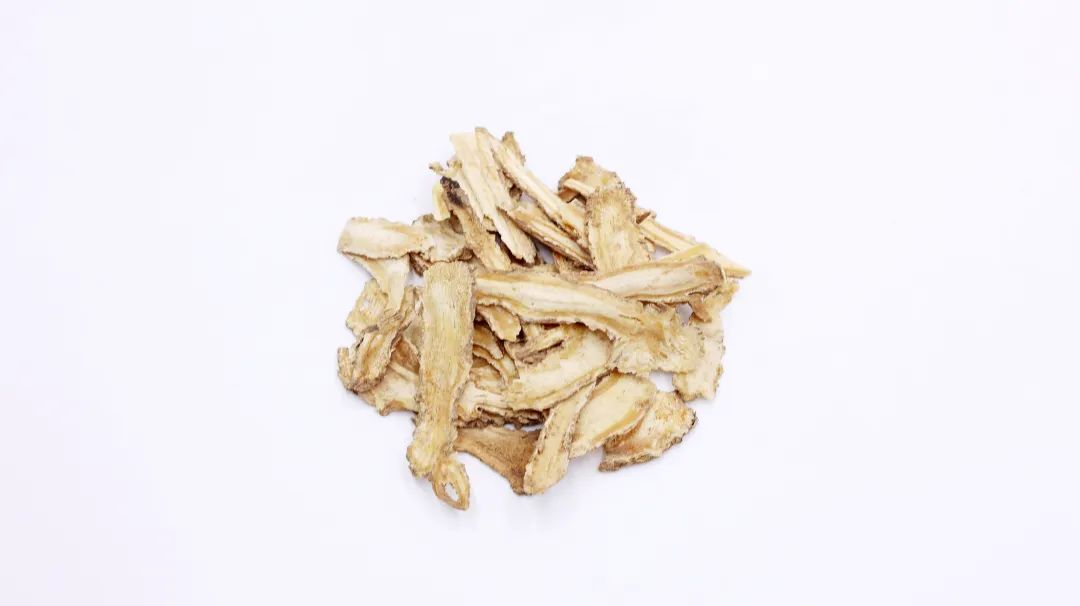
5. Angelica “moistens the large intestine and can also promote urination.”
Angelica has the function of nourishing deficiency and moistening dryness. Zhang believed that “for all cases of blood deficiency and dryness, it is suitable to use it.” The medicinal part of Angelica is its dry root, which is rich in oils and primarily moistening, thus excelling in moistening the intestines and promoting bowel movements. Additionally, Zhang specifically pointed out that there are situations where Angelica should not be used: “Those with excessive sweating due to deficiency or diarrhea should avoid it.”
6. Angelica “is indicated for cough and counterflow qi,” and can treat night cough and chronic cough.
This effect of Angelica is very important but often overlooked. Angelica “is indicated for cough and counterflow qi,” which Zhang mentioned immediately after discussing the properties and meridian affiliations of Angelica. Zhang stated that it “can moisten the dryness of the lung metal, thus the “Classic of Herbal Medicine” states it is indicated for cough and counterflow qi.” It is noteworthy that he emphasized this point rather than its blood-nourishing properties.
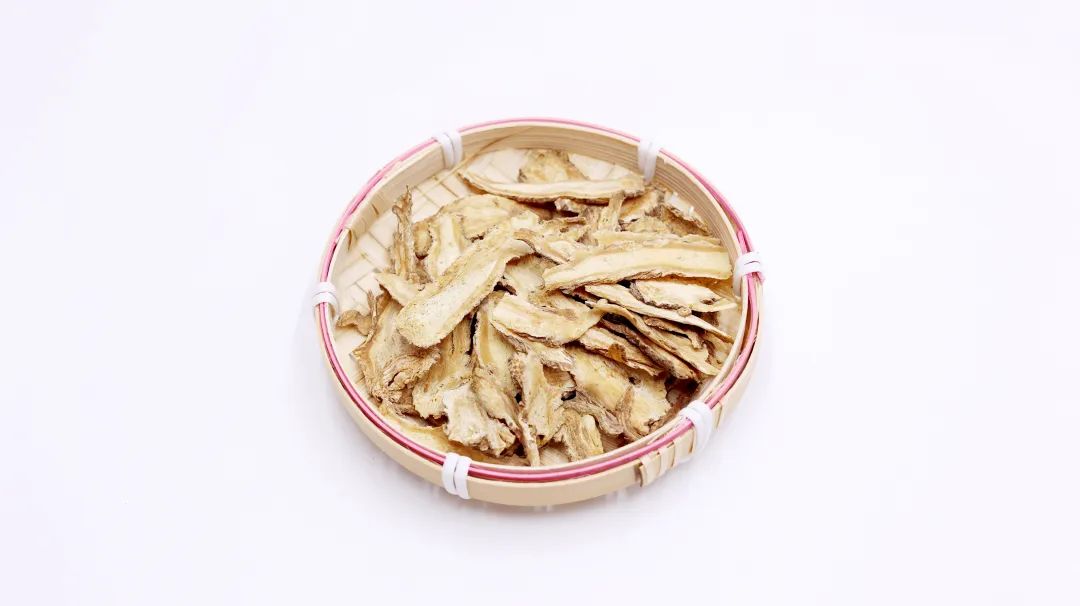
In fact, the role of Angelica in treating cough and counterflow qi was first recorded in the “Shennong’s Herbal Classic,” and many physicians throughout history have conducted in-depth studies on this. The lung is associated with autumn and metal; prolonged coughing can easily damage the lung’s yin fluids. Insufficient yin blood can lead to the lung losing its moisture and the liver losing its nourishment, which can worsen cough and asthma or lead to other conditions. Many physicians believe that the primary reason Angelica treats cough and counterflow qi is due to its blood-nourishing properties, as blood harmonizes qi, and when blood is harmonious, qi flows smoothly.
Blood is the mother of qi, and qi and blood are interdependent. When blood is harmonious, qi is smooth; however, blood disorders can affect qi, and qi disorders can also affect blood, leading to cough and counterflow qi due to blood disorders disrupting the normal flow of qi.
Angelica is warm but not drying, moistening but not cold, and can harmonize the blood, allowing qi and blood to return to their proper places. Angelica regulates and harmonizes blood, allowing blood to harmonize and qi to descend, and can also assist in mitigating the warming and drying effects of other herbs in the prescription, thus providing a therapeutic effect for cough and counterflow qi, particularly for chronic internal cough and night cough.
Of course, some experts have pointed out that Angelica can be used to treat chronic cough due to internal injury, regardless of deficiency or excess, with the most appropriate use being for those with insufficient essence and blood.
In summary, the six benefits of Angelica pointed out by Zhang are particularly “charming,” aren’t they?
“Follow us” to grow together.
Click the lower right corner to see more, and click the upper right corner to share.
Your support is the best encouragement for us.
Related Statement
1. Health information is for reference only; seek medical attention promptly for any discomfort, and do not blindly try medications.
2. This platform encourages freedom of speech; selected comments do not represent the platform’s stance.
3. All images and texts are original or authorized works; please do not use without permission.


